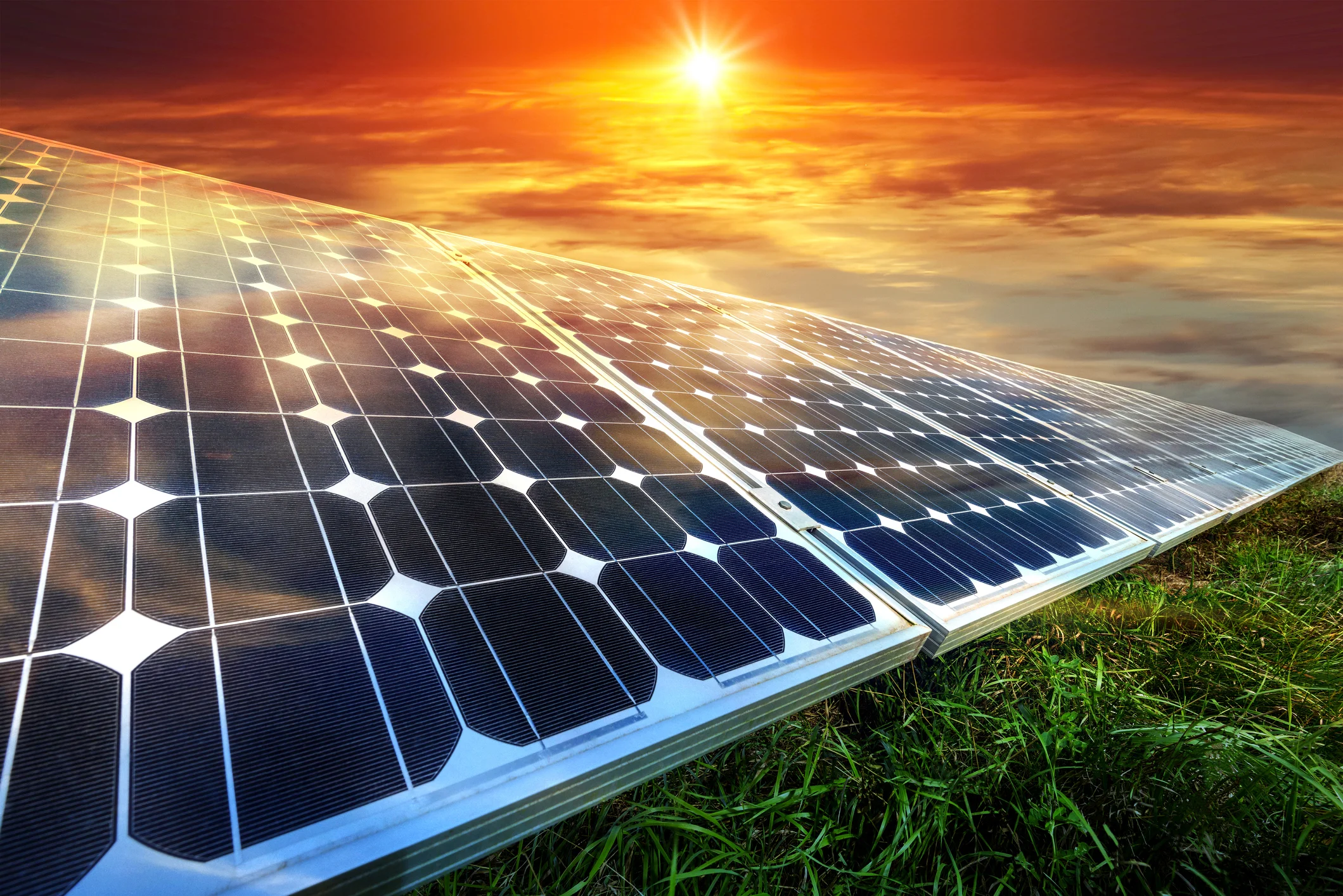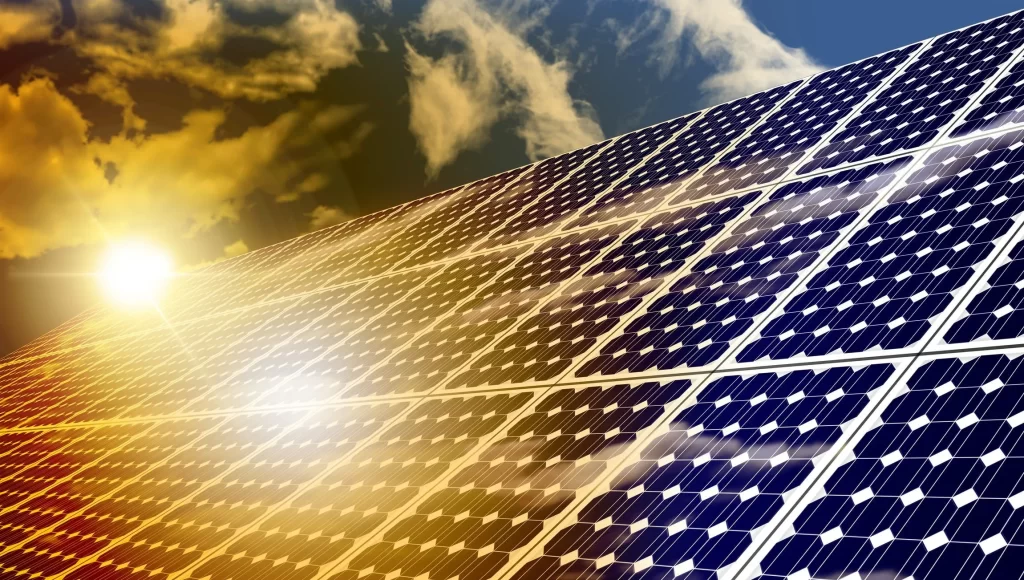When you consider the rising energy costs, you might wonder how commercial solar panels can reshape your business’s financial landscape. By investing in solar energy, you can notably reduce your monthly utility bills and lessen your dependence on fluctuating energy prices. However, the initial investment and financing options can seem intimidating. So, what are the real implications for your bottom line, and how do these systems pay off in the long run? The answers could change the way you view your energy expenditures.
Overview of Commercial Solar Panels
Commercial solar panels are an increasingly popular choice for businesses looking to reduce energy costs and enhance sustainability. If you’re exploring options in this area, consider the wide range of commercial solar panels Scotland has to offer. You’ll find various types of panels available, including monocrystalline, polycrystalline, and thin-film options. Each type has its pros and cons, so it’s vital to choose one that fits your specific needs and budget.
The installation process typically involves evaluating your building’s roof, designing a system tailored to your energy requirements, and then mounting the panels.
It’s critical to work with a qualified installer to guarantee everything’s done efficiently and safely.
Initial Investment and Financing Options
Investing in commercial solar panels typically requires a considerable upfront commitment, but various financing options can make this more manageable.
You’ll face installation costs that can be intimidating, but understanding your financing strategies can help ease the burden. Many businesses opt for loans or leases, allowing you to spread out the costs over time.
Some companies even partner with solar developers who cover initial expenses in exchange for a share of the savings. Additionally, federal and state incentives can greatly reduce your overall investment.
Reducing Energy Bills
Many businesses find that switching to solar panels can considerably reduce their energy bills. By harnessing solar energy, you can improve your energy efficiency and lower your reliance on the grid. This means less money spent on electricity, especially during peak hours.
Additionally, solar systems can often be integrated with demand response programs, allowing you to further optimize energy usage and save even more. When you produce your own energy, you’re less susceptible to fluctuating utility rates, providing more predictable expenses.
As your solar panels generate energy, you may also earn credits for any excess power fed back into the grid. This creates additional savings, helping your business keep more cash flow while contributing to a sustainable future.

Long-Term Savings and ROI
Releasing long-term savings with solar panels can greatly enhance your business’s financial health. By investing in solar technology, you’re boosting energy efficiency and reducing your reliance on traditional energy sources.
Over time, this translates to lower energy bills, allowing you to allocate funds elsewhere. Additionally, solar panels often come with minimal maintenance costs, further increasing your return on investment (ROI). Most systems require little upkeep, which means you can focus on your core operations instead of worrying about energy-related expenses.
As energy prices continue to rise, the savings from solar will only become more significant, ensuring your business remains competitive and profitable for years to come. Embrace solar energy and watch your financial outlook improve.
Government Incentives and Tax Benefits
Maneuvering the landscape of government incentives and tax benefits can greatly enhance your solar investment.
By leveraging federal incentives and tax credits, you can considerably reduce the initial costs of installing commercial solar panels. Many state programs offer additional support, including solar grants and utility rebates that further lower your expenses.
Don’t overlook the depreciation benefits, which allow you to deduct a portion of your solar system’s cost over time. The investment tax credit for renewable energy can also boost your savings, making solar more accessible.
Environmental and Brand Impact
Investing in commercial solar panels can remarkably enhance your company’s environmental footprint and brand reputation. By harnessing renewable energy, you actively contribute to sustainability branding, showing customers and stakeholders that you care about the planet.
This commitment to corporate responsibility not only differentiates your business but also attracts eco-conscious consumers who prioritize supporting environmentally friendly companies.
Moreover, using solar energy reduces greenhouse gas emissions, positioning your brand as a leader in sustainability. This positive public image can lead to increased customer loyalty and possibly higher sales.
As consumers increasingly seek out businesses that align with their values, incorporating solar technology can greatly bolster your brand’s appeal while benefiting the environment. Embracing solar power is a smart, strategic move for your business’s future.
Conclusion
Switching to commercial solar panels can transform your business’s energy landscape. You’ll see immediate reductions in energy bills while also benefiting from long-term savings and returns on your investment. Plus, with various government incentives available, the shift becomes even more appealing. Not only will you cut costs, but you’ll also enhance your brand’s reputation by committing to sustainability. Embracing solar energy isn’t just a financial decision; it’s a step toward a greener future for your business.



